The Estrogen-Hashimoto’s Connection
Written by Emily Wiggins, ND
What is Hashimoto’s Disease?
Hashimoto’s is the most common cause of hypothyroidism and is an extremely prevalent autoimmune disease that is said to affect 1-2% of the population.
The job of the thyroid is to regulate the metabolism and body temperature, which ultimately is important for every cell and organ of the body. Because of that, symptoms of hypothyroidism and Hashimoto’s Disease can show up in my many different systems.
Symptoms of Hypothyroidism
Weight gain
Fatigue
Feeling cold or low body temperature
Hair loss
Dry skin
Acne
Depression
Constipation
IBS
Alcohol intolerance
Irregular menstrual cycles
Heavy periods
Insomnia
Infertility
Goiter or neck swelling
Hoarse voice
Elevated LDL cholesterol
Elevated blood sugar
Low testosterone
How Excess Estrogen Contributes to Hypothyroidism and Hashimoto’s Disease
There are several reasons why hypothyroidism may develop including low calorie diets, inadequate protein, the rise of polyunsaturated fats and seed oils, vitamin and mineral deficiencies, excessive stress, over-exercising, and environmental toxins.
Excess estrogen is another potential cause of hypothyroidism and is almost always a contributing factor in Hashimoto’s Disease. Women naturally produce more estrogen than men and hypothyroidism is known to be more common in women than men by about 3-4 times. Even still, men are increasingly being diagnosed with hypothyroidism and Hashimoto’s on a regular basis.
We live in an estrogen-rich world due to oral contraceptive pills, plastics and endocrine disrupting chemicals found in skin care and home products. Excess estrogen blocks thyroid hormone from being released by the thyroid gland, which can lead to goiter as well as Hashimoto’s Disease.
Too much estrogen also puts an added burden on your liver as it works to clear it from the body and this can prevent the liver from appropriately converting thyroid hormone (as T4) to the active form of the thyroid hormone (T3). This is one of the reasons why oftentimes supplementing T4 thyroid hormone alone, through levothyroxine therapy, may not be effective in managing Hashimoto’s. The issue in this case is reducing estrogen and improving the function of the liver.
How do you know if your estrogen is elevated?
Unfortunately, blood tests don’t always give the full picture.
Estrogen, or estradiol, levels in blood can be normal but blood testing does not show estrogen that might be building up in the tissues of the body. That means that normal estrogen levels doesn’t necessarily mean that estrogen levels are normal and not an issue in Hashimoto’s. If you have elevated antibodies, the chances you have elevated estrogen levels are very likely and should be addressed.
5 Steps to Reduce Estrogen Levels
Address Your Sleep
In order to have balanced hormones and support your immune system, you need to be sleeping at least 7 hours a night.
Eat an Optimal Diet
Removing foods that you may be intolerant to and prioritizing organic, whole foods is essential in providing the nutrients your body needs to detoxify estrogen and create optimal hormones.
Liver Support
All estrogen is broken down by the liver, which means making sure it’s working properly is of utmost importance. Eating enough protein is very important and there are many herbs and homeopathic remedies that work well in improving how the liver functions.
Increase Progesterone
As estrogen goes up, progesterone goes down. By focusing on increasing progesterone, estrogen levels can be reduced to more optimal levels.
Reduce Stress
Stress drives cortisol levels and cortisol will throw your hormones out of balance, estrogen included. By reducing and better managing your stress levels, you support estrogen at just the right levels for your body. Adrenal support can be helpful in managing stress and cortisol levels as well.
Optimize Gut Health
The bacteria in your gut play a large role in how much estrogen is recycled and kept in your body. Lacking important bacterial strains and pathogens in your gut can contribute to holding on to more estrogen than you need.
Estrogen isn’t all bad. It’s also important to maintain a healthy heart and strong bones. We just happen to live in a world where estrogen can easily increase to levels that can lead to symptoms and chronic illnesses, like Hashimoto’s. The key is to making sure we’re reducing the external sources of estrogen, improving our body’s ability to clear estrogen and optimizing the production of estrogen within the body.
Working with a practitioner who can see the whole picture and help manage these different layers of addressing your thyroid is extremely helpful in getting you feeling better when you’re dealing with Hashimoto’s. If you’re interested in working with one of our providers, you can schedule online or book a discovery call to have your questions answered and see if we’re a good fit for your care.




